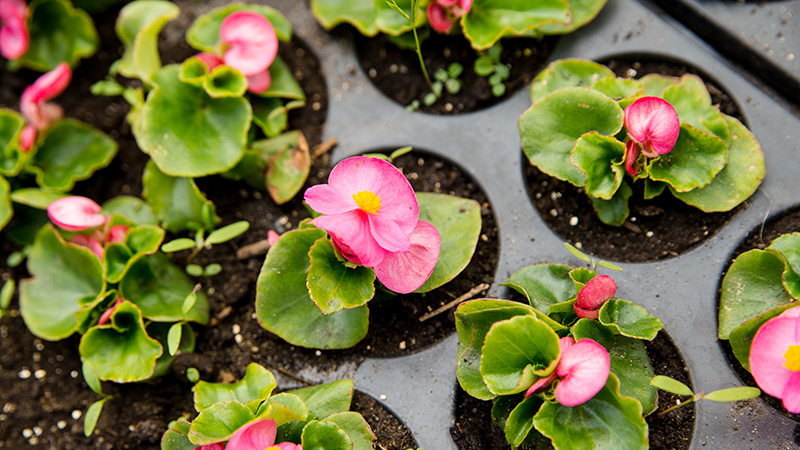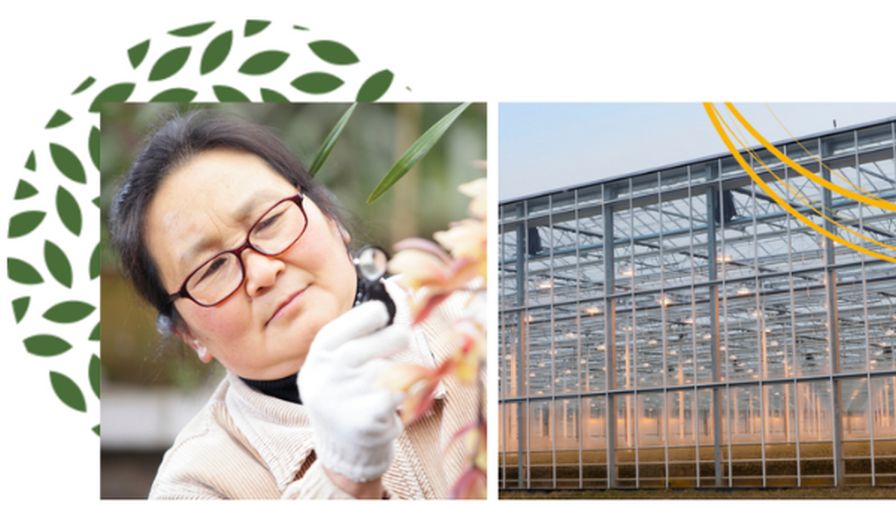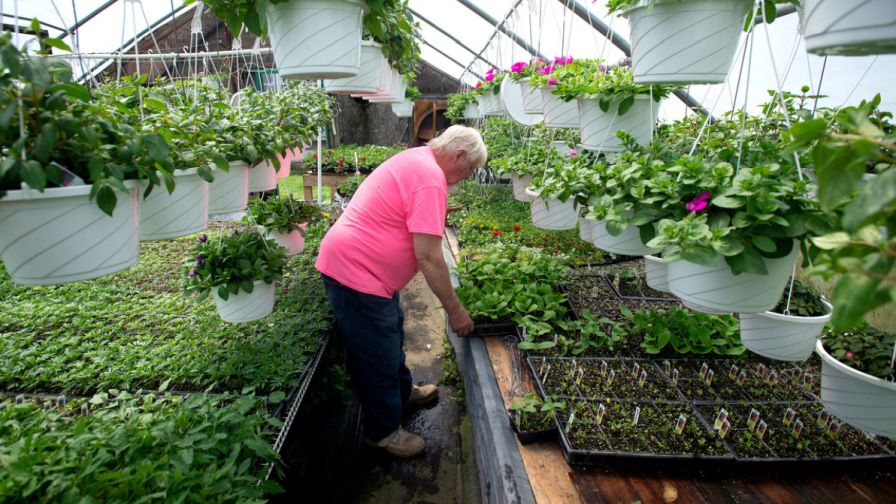USDA-APHIS Bulletin on Unauthorized Distribution of Genetically Engineered Petunias
 On May 16 USDA issued this bulletin to its stakeholders regarding the unauthorized sale and distribution of genetically engineered petunias in the U.S.:
On May 16 USDA issued this bulletin to its stakeholders regarding the unauthorized sale and distribution of genetically engineered petunias in the U.S.:
The U.S. Department of Agriculture’s Animal and Plant Health Inspection Services (APHIS) recently learned that several varieties of petunias genetically engineered (GE) to produce various hues of orange, red, and purple colored flowers have been imported into the United States from Africa, Asia, Central America, Europe, South America, as well as the countries of Australia, Israel, and Mexico, and distributed interstate without proper authorization as required by APHIS regulations at 7 CFR part 340.
Petunias are annual, ornamental plants that have no sexually compatible wild relatives in the United States, are not plant pests and are not listed as noxious weeds.
APHIS is working in close cooperation with breeders and growers represented by the American Seed Trade Association (ASTA) and AmericanHort to ensure the implicated GE petunia varieties are withdrawn from distribution. Several distributors have already voluntarily removed GE petunias from distribution and destroyed them in accordance with APHIS guidance.
APHIS regulates the introduction (importation, interstate movement, or environmental release) of certain GE organisms. When a developer has collected enough evidence that a GE organism poses no more of a plant pest risk than an equivalent non-GE organism, the developer may submit a petition (request) to APHIS for nonregulated status. If APHIS grants nonregulated status, the GE organism may then be imported, moved, and planted in the United States without any further APHIS regulatory oversight.
On May 2, 2017, APHIS was informed by Selecta Klemm GmbH & Co that one of its petunia varieties – an orange petunia – was potentially genetically engineered and had been imported and moved interstate without required authorization by APHIS. This led to testing by USDA of numerous petunia varieties, which confirmed this particular variety and several others are indeed GE and meet our regulatory definition of a regulated article under APHIS regulations.
APHIS continues to work with industry to ensure unauthorized GE petunias are not distributed in the United States.
Consumers who may have purchased GE petunias need take no action, as the petunias are not considered to pose a risk to human health or the environment. Retailers, growers and breeders are being asked to voluntarily withdraw GE petunias from distribution. The petunia varieties that tests have confirmed to be genetically engineered so far include:
African Sunset
Trilogy Mango
Trilogy Deep Purple
Trilogy Red
Trilogy ’76 Mix-Liberty Mix
Fortunia Early Orange
Hells Bells Improved
Petunia Salmon Ray
Sweetunia Orange Flash
Testing is ongoing and other varieties may be added to this list. APHIS will distribute more information as results are confirmed.
AmericanHort Emphasizes Cooperation
AmericanHort has been working closely with the USDA-APHIS-BRS to facilitate industry coordination and accurate information-sharing. Seed and plant companies are also conducting their own independent tests and pulling varieties in question off the market.
As of the end of last week, varieties still in question included:
Pegasus Orange Morn
Pegasus Orange
Pegasus Table Orange
Potunia Plus Papaya
Go!Tunia Orange
Bonnie Orange, known as Starlet Orange in North America
Sanguna Patio Salmon
Sanguna Salmon
Trilogy Formula Mix
Perfectunia Orange
Perfectunia Mandarin
Confetti Garden Tangerine Tango
Confetti Garden Twist
Kwik Kombo Color My Sunset
Kwik Kombo Orange Twist
Cascadias Red Lips
Capella Red
AmericanHort emphasizes that it’s important to note that petunias are non-edible annuals, and there is no reason to believe that these genetically modified varieties pose any risk to the health of humans, plants, or the environment. Read Greenhouse Grower’s interview with Craig Regelbrugge of AmericanHort to see more details on how the industry has collaborated to work with USDA-APHIS-BHS during this challenging time.
Look for additional information on GreenhouseGrower.com as we receive updates.










